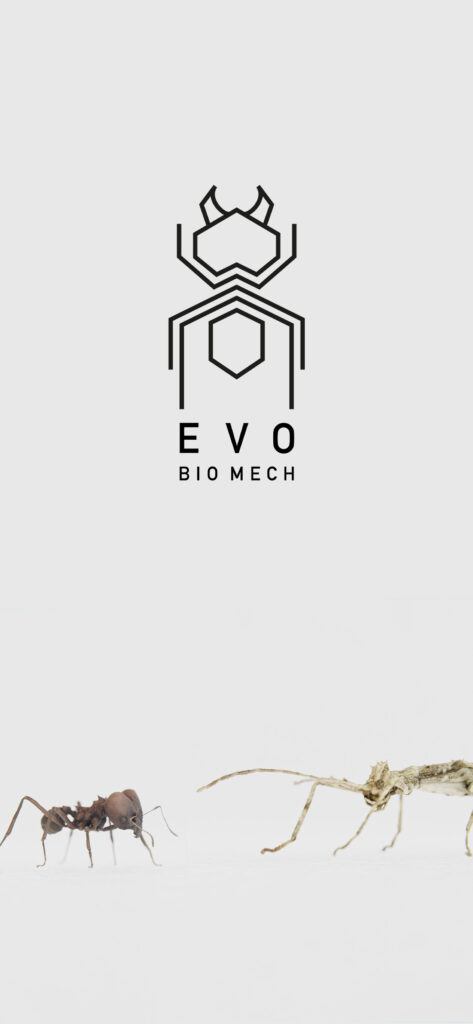





EVOLUTIONARY BIOMECHANICS LABORATORY
IMPERIAL COLLEGE LONDON
The Battle of the Schultüte!
Melissa and Xinyang start their PhDs!
Fashionable Doctors!
Complete with “traditional” German PhD hats and all, congratulations Dr Fabi and Dr Liv!
EvoBiomech Award Success!
SICB 2025, David (Significant Contribution) and Liv (Best Talk)!
SEB 2024, Freddie (Best Talk) and Alex (Best Poster)!
SEB 2023, Dilanka (Best Poster)!

Biologists are concerned with life, and engineers study technology. Biomechanics is where both meet, as it is the study of the technology of living things. No living creature, no matter how complex, can escape the laws of physics. In the Evolutionary Biomechanics Group, we exploit these universal constraints to study the performance, behaviour and evolution of various organisms.
To this end, we employ a large spectrum of methodological approaches from engineering and physics, build our own experimental rigs to measure forces and deformations at small scales, conduct analytical and numerical modelling, and generally try to work in an integrative and comparative framework. Our multi-disciplinary research is often conducted in close collaboration with a number of laboratories and non-academic institutions, such as zoos, all over the world. Get in touch if you want to know more, or even do some work with us!
Research themes
BIOMECHANICS OF INSECT HERBIVORY
We study how mechanical constraints influence the performance and behaviour of the prime consumer of plant material throughout the neotropics:
leafcutter ants


BIOMECHANICS OF REVERSIBLE ADHESION
We investigate the fundamental principles that allow arthropods and small vertebrates to stick to even the smoothest surfaces by using controllable sticky feet.
BIOMECHANICS OF Insect Locomotion
We seek to understand the fundamental mechanical principles that govern the diversity of terrestrial locomotion in arthropods.


Physical limits to muscle-driven motion
We use dimensional analyses and mechanical modelling to uncover shared physical constraints on muscle-driven motion across animal body size and environments.
Opportunities
We are also always excited to hear from curious prospective postdoctoral researchers and collaborators from all scientific disciplines. We have experience in obtaining funding from a variety of sources, so please get in touch if you like what we do, and/or have an idea that you think would fit within our research interests. We are seeking PhD students for Fall 2025 (topic flexible!). Email David directly of you want to know more!
Get in touch!
Follow us!
@EvoBioMech
Give us a ring!
+44 (0)20 7594 5679
Drop us a line!
d.labonte@imperial.ac.uk
Send us a postcard!
Department of Bioengineering Bessemer Building Imperial CollegeLondon SW7 2AZ






